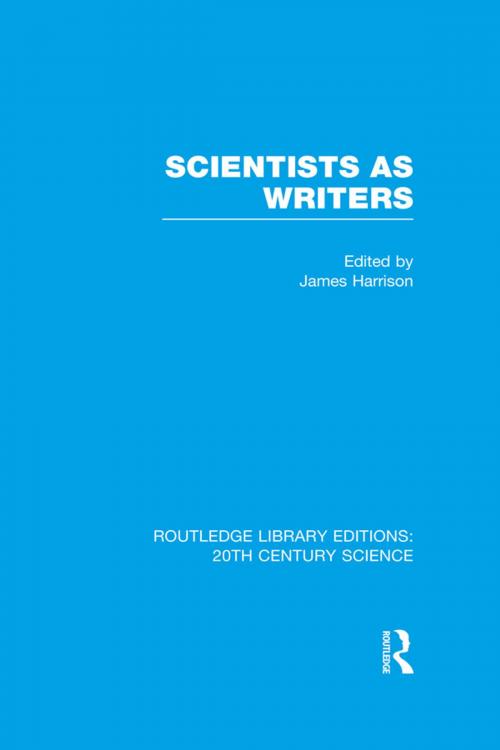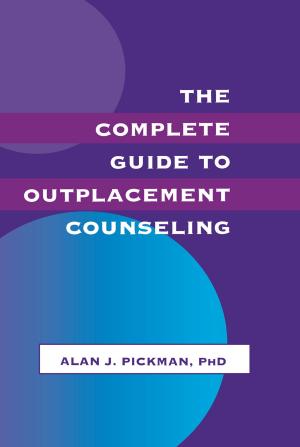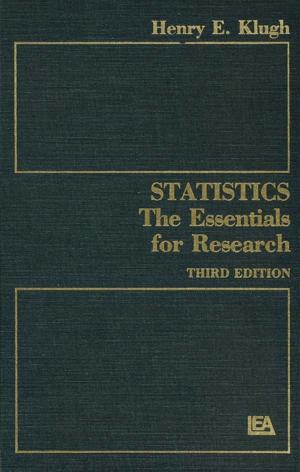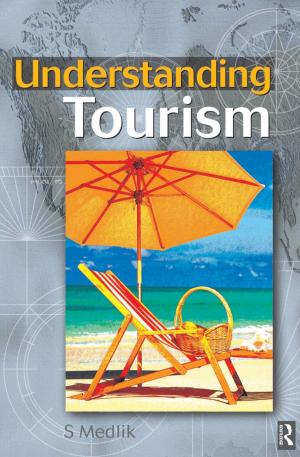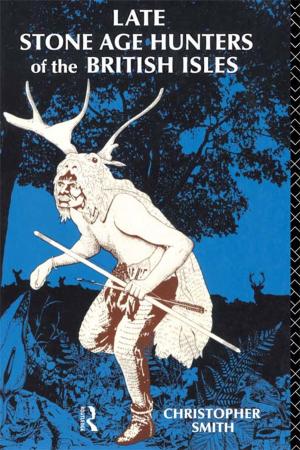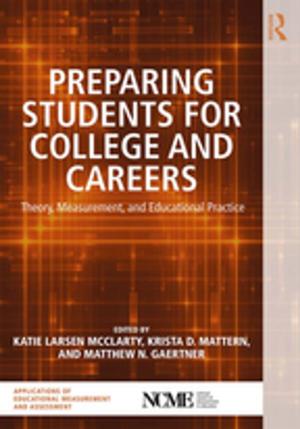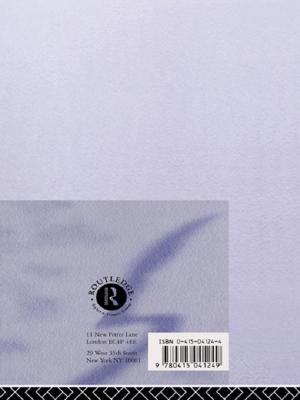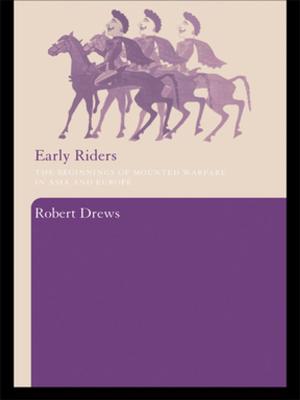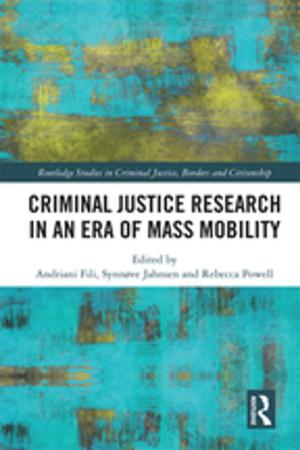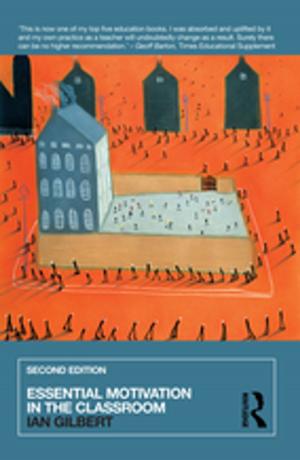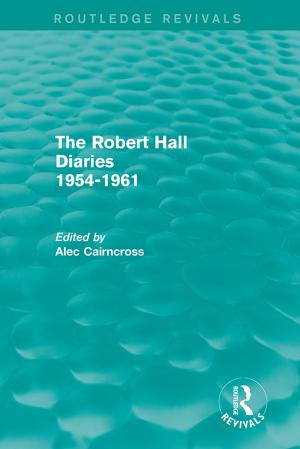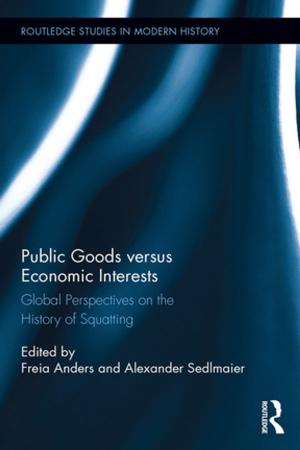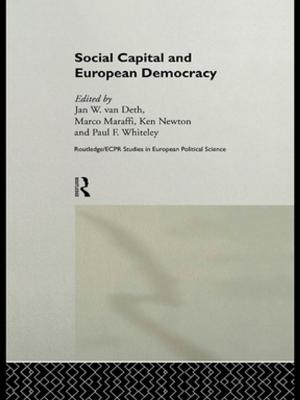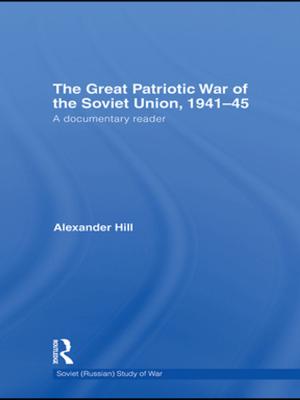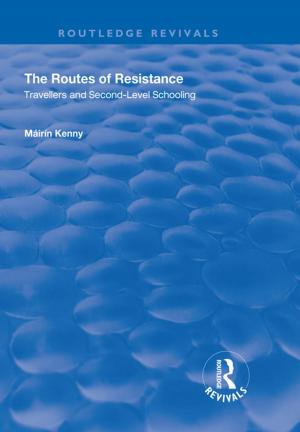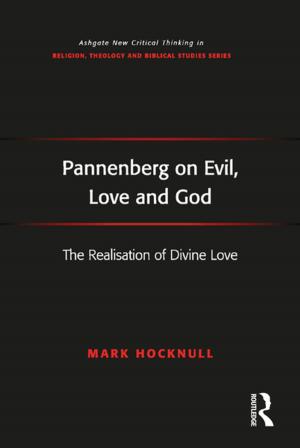Scientists as Writers
Nonfiction, Science & Nature, Science, Other Sciences, History, Modern, 20th Century| Author: | ISBN: | 9781317699064 | |
| Publisher: | Taylor and Francis | Publication: | May 9, 2014 |
| Imprint: | Routledge | Language: | English |
| Author: | |
| ISBN: | 9781317699064 |
| Publisher: | Taylor and Francis |
| Publication: | May 9, 2014 |
| Imprint: | Routledge |
| Language: | English |
In the endless debate about the Two Cultures no book until this attempted to provide a selection of scientific writing on specific themes to stimulate students of arts subjects into discussion and writing about the nature of science and its relationship with the rest of life. This book is based on a selection of prose passages written by scientists about science, supplemented by notes and a brief linking commentary.
Originally published in 1965, the passages were chosen to illustrate or comment on different aspects of eleven main themes, ranging from surveys of changing ideas on the nature of the universe and the material of which it was made, to evolution past and future and the relation of science with religion and art. Most of the extracts were from contemporary authors, but there are passages by Aristotle, Bacon, Boyle, Hooke, Newton, Dalton, Faraday and Darwin.
At the end of the book there are suggestions for discussion to accompany each chapter, to encourage the study of the use of language in consideration of the nature, history and role of science.
In the endless debate about the Two Cultures no book until this attempted to provide a selection of scientific writing on specific themes to stimulate students of arts subjects into discussion and writing about the nature of science and its relationship with the rest of life. This book is based on a selection of prose passages written by scientists about science, supplemented by notes and a brief linking commentary.
Originally published in 1965, the passages were chosen to illustrate or comment on different aspects of eleven main themes, ranging from surveys of changing ideas on the nature of the universe and the material of which it was made, to evolution past and future and the relation of science with religion and art. Most of the extracts were from contemporary authors, but there are passages by Aristotle, Bacon, Boyle, Hooke, Newton, Dalton, Faraday and Darwin.
At the end of the book there are suggestions for discussion to accompany each chapter, to encourage the study of the use of language in consideration of the nature, history and role of science.
